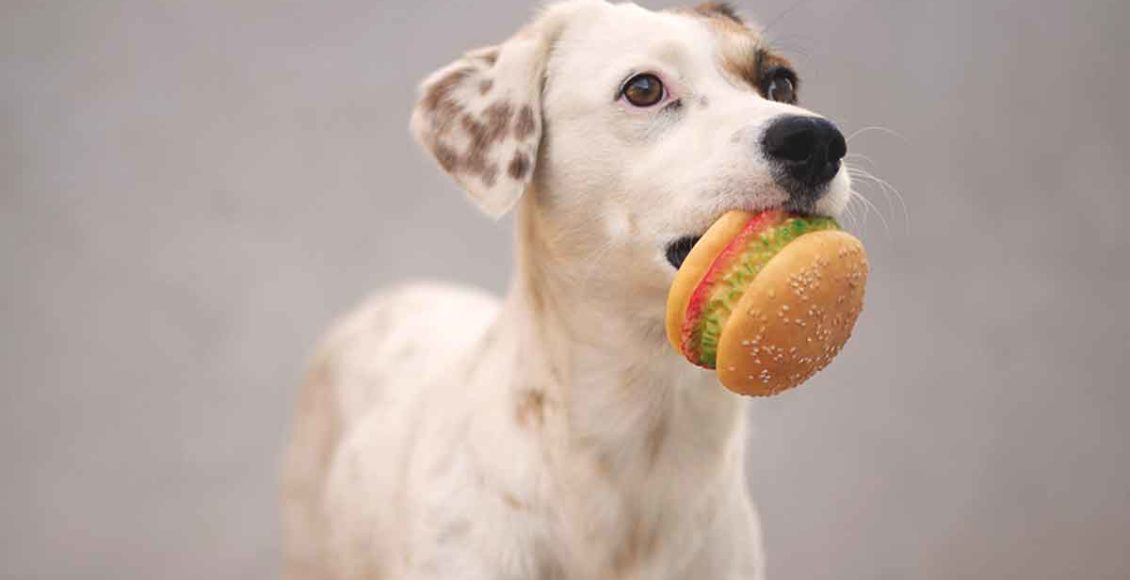Even though we may say dogs are our best friends, new scientific research shows that when it comes to food, they aren’t that willing to share.
This comes as somewhat of a surprise for researchers since dogs have previously been found to share snacks with other dogs and help humans in various other ways. The research shows that dogs just aren’t that helpful when it comes to sharing food with their besties.
Dogs have it in their nature to help and assist others, especially when it comes to returning favors. They thrive best when their own kind and humans help each other.
We all know that dogs have been rescuing humans from dangerous situations and this has been demonstrated experimentally, too: They will help a trapped human, especially if that human shows distress.
But what lengths are dogs willing to go to to help humans?
To get to the bottom of this, experts led by veterinary scientist Jim McGetrick of the University of Veterinary Medicine, Vienna, designed an experiment to understand if dogs would help people obtain food.
In two different experiments, 37 dogs were trained to use a food dispenser that opens when they press a button. Once they understood how to operate it, the button was placed in a separate enclosure that could be seen through a fence.
In the first experiment, a dog was in contact with two humans it had never seen before, on two different days. On the first day, one of the humans would sit at the bottom of the enclosure that contained one button that worked and one that did not. This human would press the button that worked regularly to give the dog access to food.
On the second day, another person would sit in front of a functioning button – the one that would still be visible – and press it often, but no food was given out.
Afterward, the positions were reversed. The dispenser was placed in the enclosure with the person, and the button was with the dog.
In the second experiment, there was only one button that could be pressed, and the person did not press it at all. The difference allowed the dog to reciprocate the humans’ behavior but the researchers found that whether or not the human had previously helped the animal get food had no bearing on whether or not it would press the button.
It also made no difference in how the dog interacted with the same human outside of the experiment session.
And while dogs may not have understood the role of the humans pressing the button in this experiment, in other studies where dogs’ readiness to help other dogs is tested using food, the dogs showed clear reciprocity, so it’s unlikely that a lack of understanding on the part of the dogs is the whole reason for their disinterest in feeding humans, according to the researchers.
“In conclusion, dogs in the current studies failed to reciprocate help received from humans and a preference for either human type (helpful or unhelpful) was not evident based on a free interaction session,” the team wrote in their paper.
“Given that dogs have already been shown to reciprocate help received from conspecifics in experimental studies, the absence of reciprocity here may be explained by methodological inadequacies, though it is also possible that dogs are not predisposed to engage in such cooperative interactions with humans naturally.”
What are your thoughts on these findings? Let us know by joining the conversation in the comments and please share this article if you’ve found it of value.


